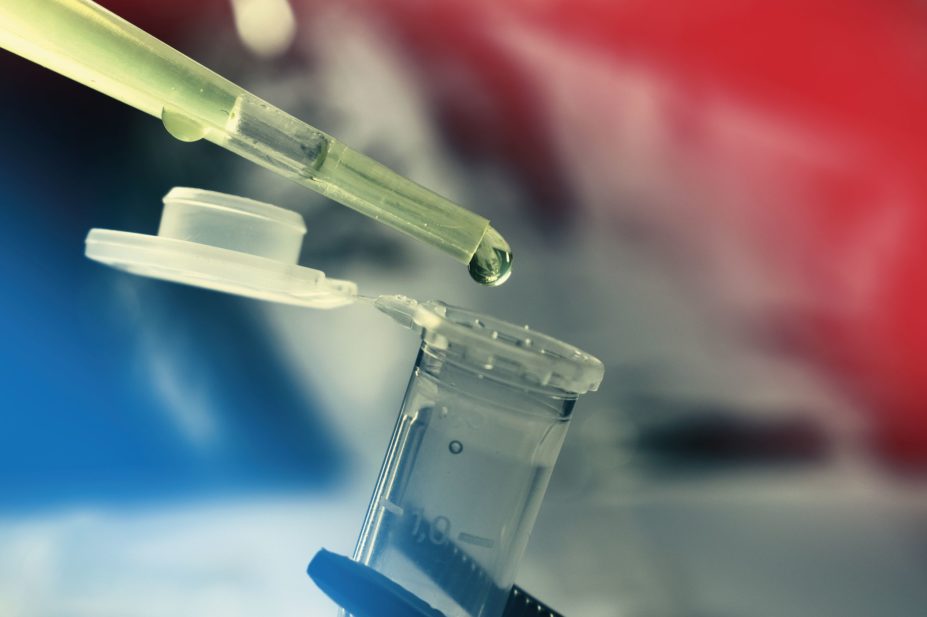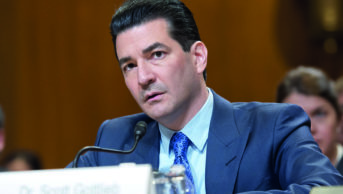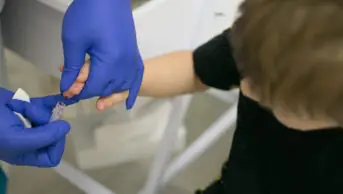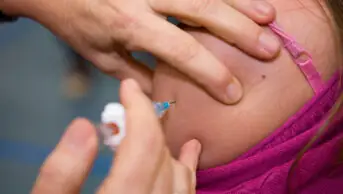
shutterstock.com
The Oncologic Drugs Advisory Committee at the US Food and Drug Administration (FDA) has unanimously endorsed the approval of a “living drug” that harnesses an individual’s own immune system to attack cancerous cells.
If the FDA follows the recommendation, the personalised treatment, which is called CAR-T cell immunotherapy, could be approved by the end of 2017 and will be the first gene therapy product to be approved by the FDA.
“CAR-T is different from typical small molecule or biologic therapies because it is manufactured for each individual patient using their own cells,” explains Eric Althoff, head of global media relations at Novartis, the company seeking the approval.
According to Althoff, to begin the treatment, a patient’s white blood cells, including T cells, are extracted through a specialised blood filtration process called leukapheresis. The T cells are then genetically modified so that they recognise cancer cells and other cells expressing a specific antigen called CD19.
The newly created CAR-T cells then undergo expansion and strict quality testing before being reintroduced back into the patient.
“Within the patient’s body, the CAR-T cells recognise the patient’s cancer cells and other cells expressing a specific antigen, attach to them and initiate direct cell death,” he says.
The therapy is targeted primarily towards children and young people aged three to 25 years old with B cell acute lymphoblastic leukaemia who have failed to respond to traditional treatments.
Novartis presented the results of phase II study to the FDA which showed that 83% of patients achieved complete remission with incomplete blood count recovery within three months of infusion.
Side effects
However, 47% of patients in the study experienced grade three or four cytokine release syndrome as a side effect that results from the release of cytokines from cells targeted by the antibody, as well as immune effector cells recruited to the area. It causes fever, nausea, chills, breathing difficulties, hypotension and tachycardia, and in some patients, life-threatening complications may result from a concentrated release of cytokines, referred to as a cytokine storm.
In the study, there were no deaths or fatal brain swelling from CRS, although 15% of patients experienced grade three neurologic events.
Overall, patients had an 89% chance of surviving at six months and a 79% chance of surviving one year or more, with the majority being relapse-free at that point.
Jane Maher, joint chief medical officer at Macmillan Cancer Support, says the therapy is a “promising” one but that she will await the results of further trials.
“Immunotherapy is an exciting, fast developing area of cancer treatment,” she says. “[But] in order to see what sort of side effects this drug might have, we will have to wait and see the results of proper clinical trials.
“It is absolutely essential that all patients and their parents are fully informed about all possible side effects, as well as the often well-publicised benefits,” she adds.


